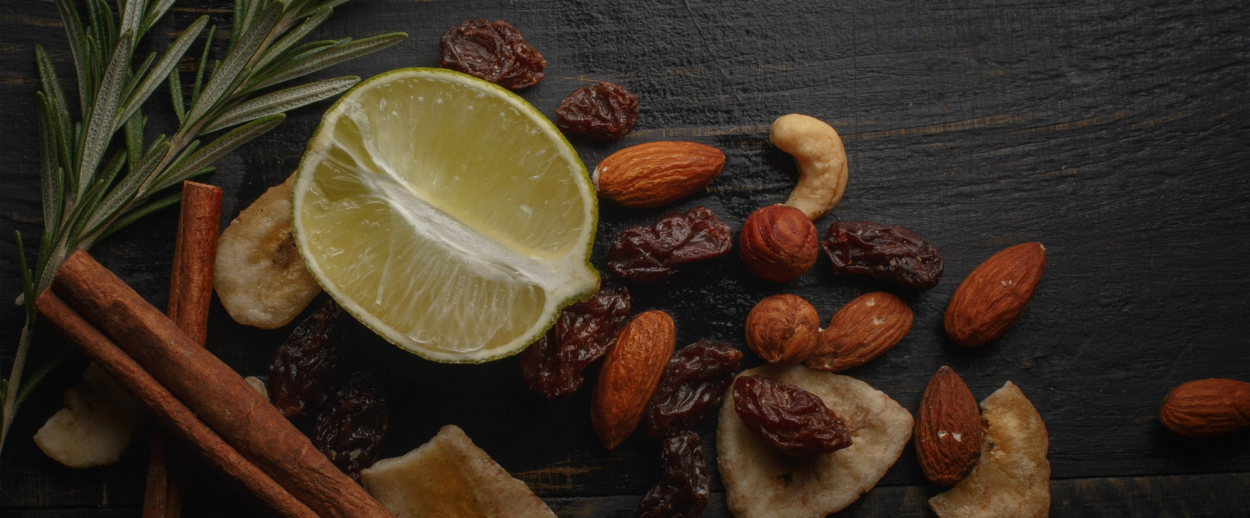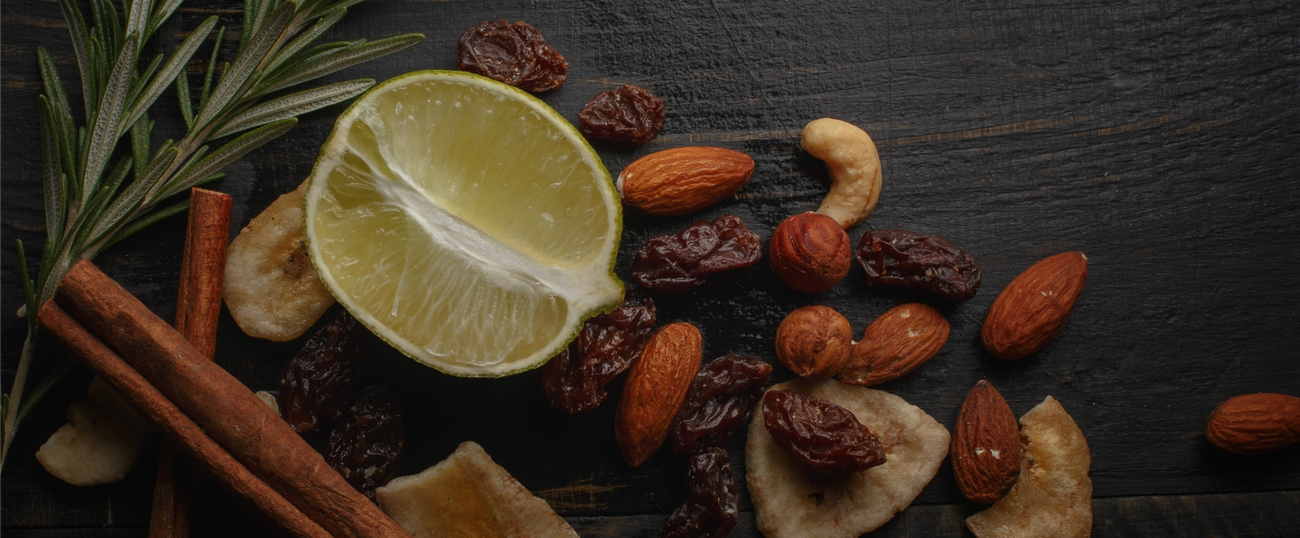What I Learned Celebrating My First Ever Tu B’Shevat
A holiday about renewal is a good fit for someone taking an introduction to Judaism class




“Do you come here often?” asks the gentleman standing in front of me.
I pretend I’ve never been asked this question before.
“This is my first time,” I say truthfully.
“What’s your name?”
“I’m Kelsey.”
We shake hands.
“So you’re not Jewish,” he declares.
I freeze, unsure of how to proceed.
“So you’re just moonlighting, huh?”
“Well, my last name is Liebenson,” I respond defensively, providing evidentiary support for my presence at the Actor’s Temple Synagogue. Mostly, though, I’m interested this gentleman thinks it’s a regular occurrence for people under the age of fifty to be found “moonlighting” in a synagogue outside of Times Square on a Friday night, celebrating a minor holiday.
“So your husband is Jewish,” he nods towards my boyfriend, Elijah, deep in conversation with the accompanist. The accompanist is furiously scribbling on a piece of paper and gesticulating wildly.
I wonder if I should bail “my husband” out.
“Mmmhm, right,” I murmur noncommitedley, not bothering to correct the man or resident shul hawk that I am a. Unmarried and b. Still Not Jewish.
The conversation moves onto other topics, like where “my husband” and I live and what “we” do for work as we heap our plates with vegetarian chili.
We’re celebrating Tu B’Shevat, also known as Rosh HaShanah La’Ilanot, the New Year for the Trees. As varied as the names for the holiday are, so are interpretations and celebrations of the holiday.
In my Introduction to Judaism class, most of the Jewish students looked at Rabbi Rabinowitz blankly when she asked people to share memories of the holiday. The unifying theme, though, is renewal. Renewal in the flow of divine energy, renewal in the earth around us, and a celebration of the fruits of which we can happily eat. Tonight we’re having a Seder at the Actor’s Temple Synagogue on 49th Street. Led by Rabbi Jill, who used to sing opera, the service has taken us through a sampling of dried fruits and nuts and a rousing number of songs in Hebrew and English.
I’ve found my way back to my seat, away from the chatty gentleman and as as promised, “the wine is flowing.” We work our way through walnuts, dates, apricots and carob, which everyone at the table is intrigued by.
“Please, do not break a tooth on the carob,” Rabbi Jill cautions front the front table.
“What page are we on?” I whisper to Elijah who is now getting peppered with questions by the woman sitting across from us.
Between singing, I overhear her announce to Elijah, “You’re a very nice couple.”
One way to interpret the ancient agricultural and Kabbalist holiday is a moment of green awareness or a thankfulness for the trees and mother nature; an acknowledgment of our stewardship to mother earth. Both Elijah and I were raised in Southern New Hampshire, about twenty minutes apart, not crossing paths until our late twenties. Our childhoods were similar in the hours we spent in the natural world. One of our bonds is a shared joy and comfort in the outdoors. We open windows in January, jump into lakes in December, or charge up mountains on 90 degree days. I tease Elijah that he was raised a pagan, with the frequent appearance of fairies and the celebration of the moon in his early childhood. But even as I tease, I was raised with a similarly “hippie” insistence that God lived outside. When upset, we were shooed out, and in my adult life, I find solace in the trees, lakes, and mountains.
When we get to the dates, Elijah looks pained. For someone who will eat nearly anything, dates are one of the few foods that don’t make the cut. Rabbi Jill reads, “The date palm abounds in blessing, for every part of it can be used, every part is needed.”
We all read from our packet: “So it is with Israel; each community, each person, plays its part in serving God.”
Elijah opts for a chocolate covered almond, and I pass the platter of fruits and nuts to the woman on my right. A few minutes later we say our affirmations and Elijah, the good husband he is, stares into my eyes repeating, “You are holy.”
We only last few a few more prayers, and then meet eyes and silently agree it’s time to wrap up our inaugural Tu B’Shevat, but not until chatting with another neighbor about her 18 year old Siamese cat who is keeping her up at night howling, or the man wearing a Trump vest and hat.
We leave the Actor’s Temple with several business cards pressed into our hands, one given to me by an older man who approaches and asks, “You an actress?” likely the least absurd question I’ve fielded this evening.
So is Israel like a date?
Elijah and I are planning our version of aliyah sometime in 2018, hoping to see most of the country by bicycle. In the meantime, Elijah won’t likely take to dates, but we remember how each spring, when the snow melts, and the birds return north, they’re calling for renewal.
Kelsey Liebenson-Morse is a writer and teacher living in New York.